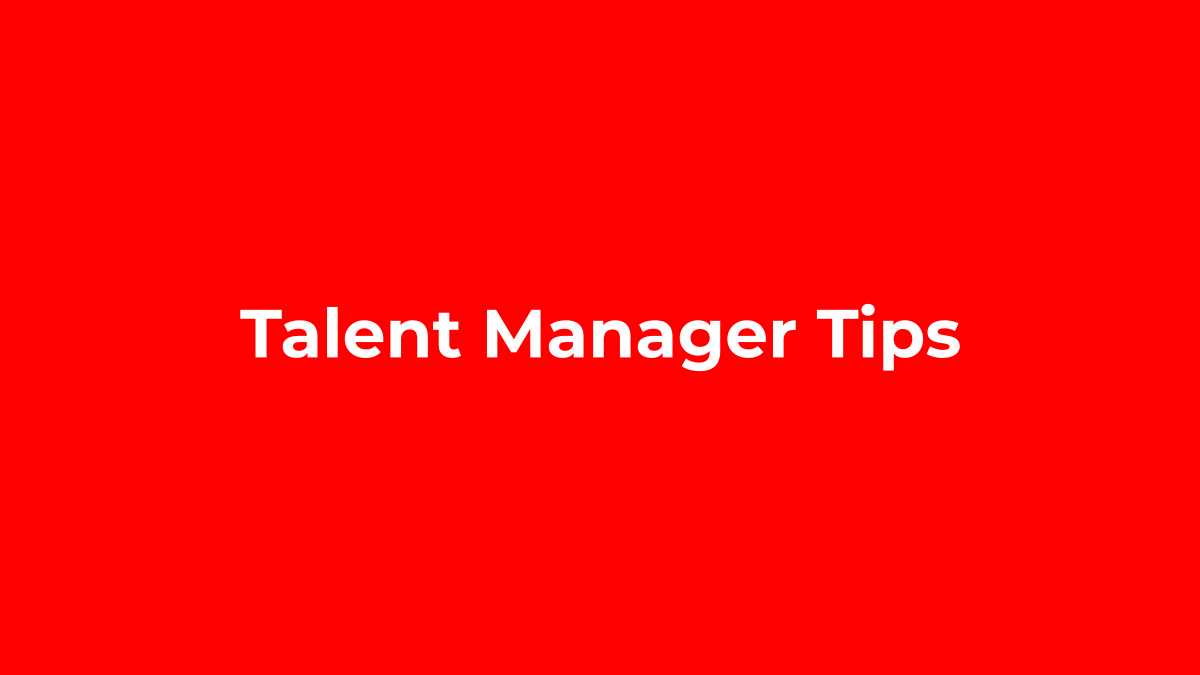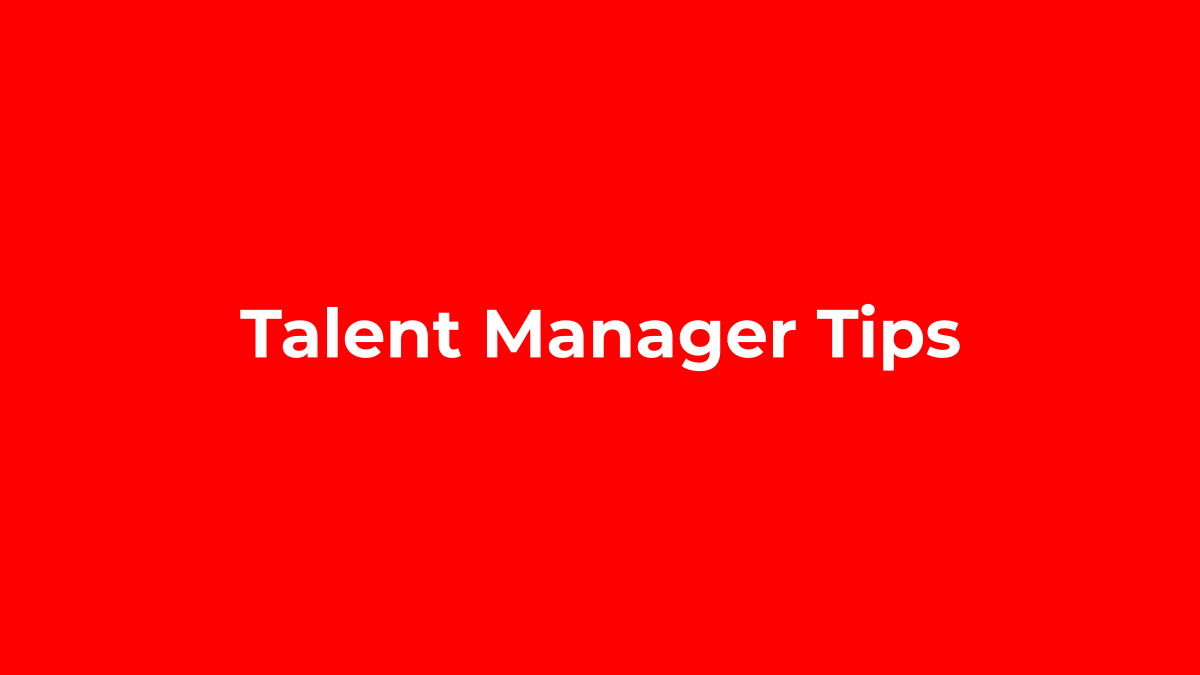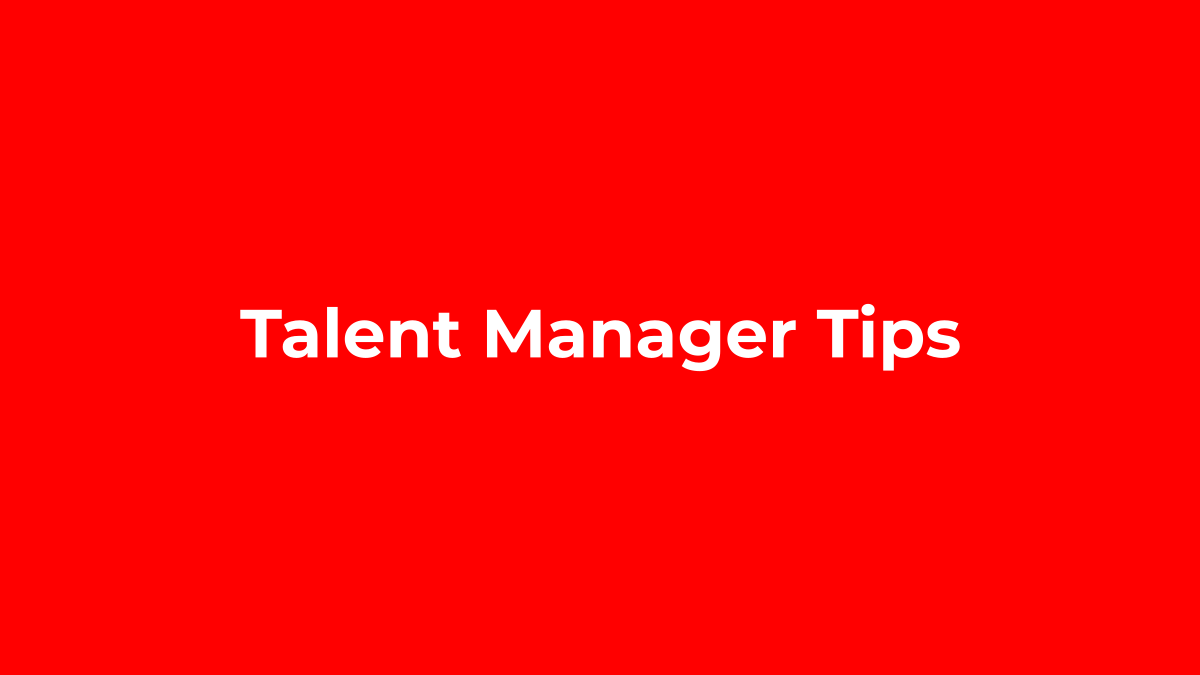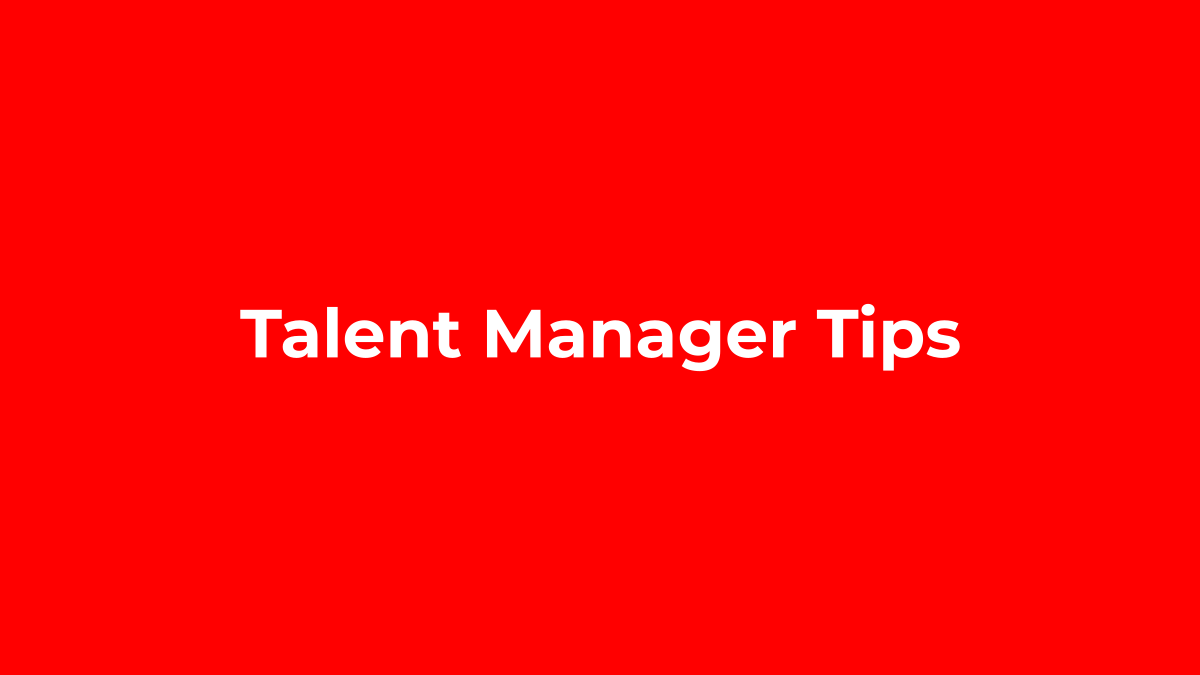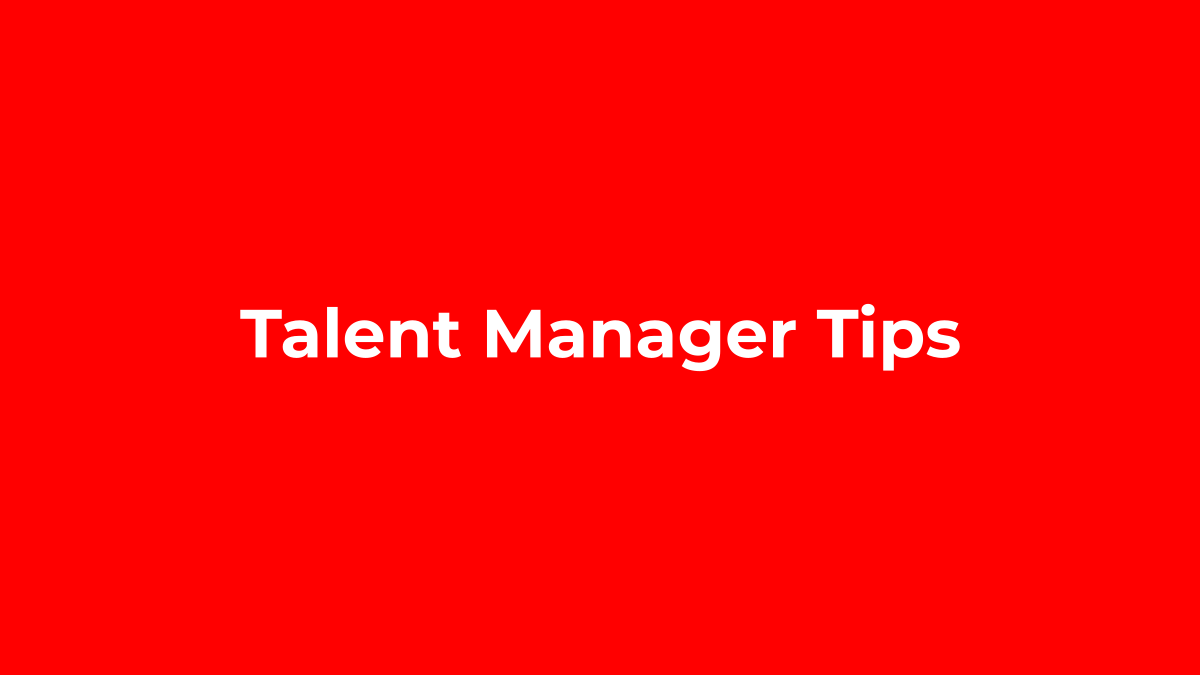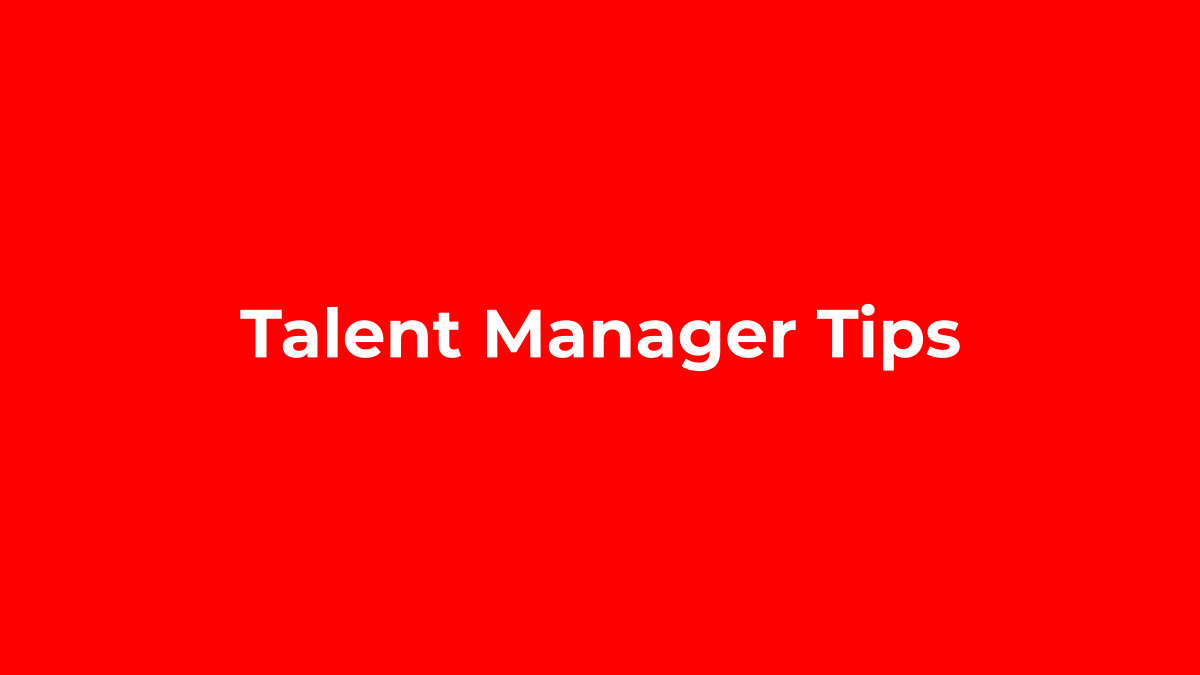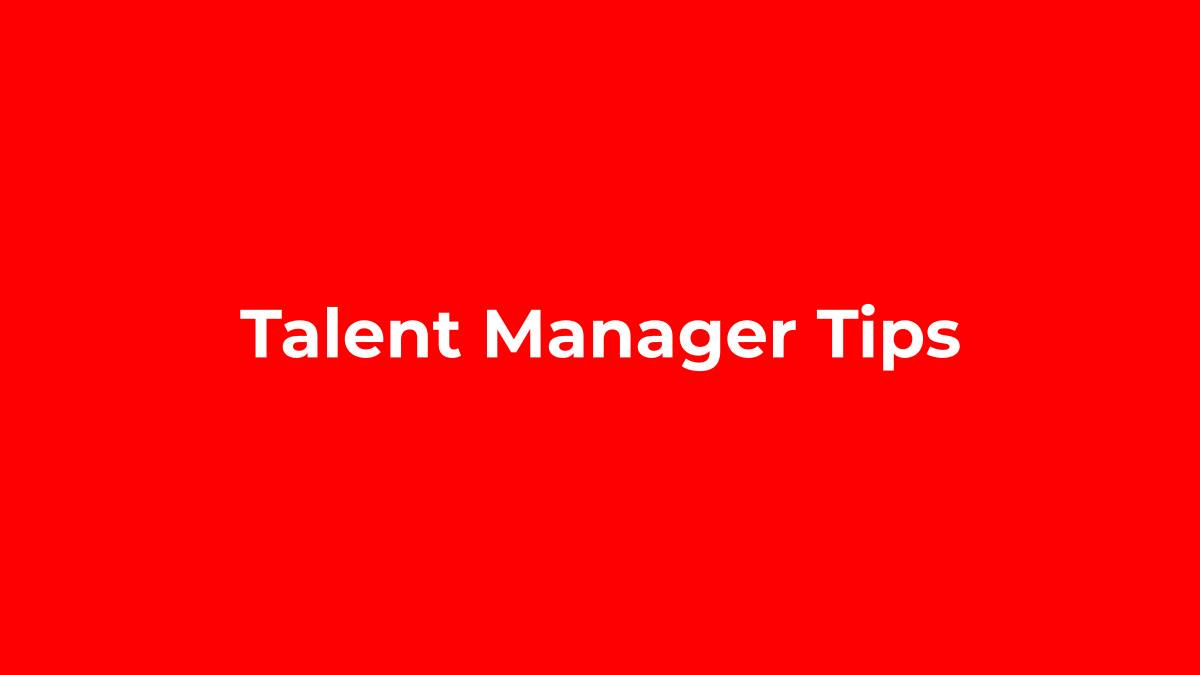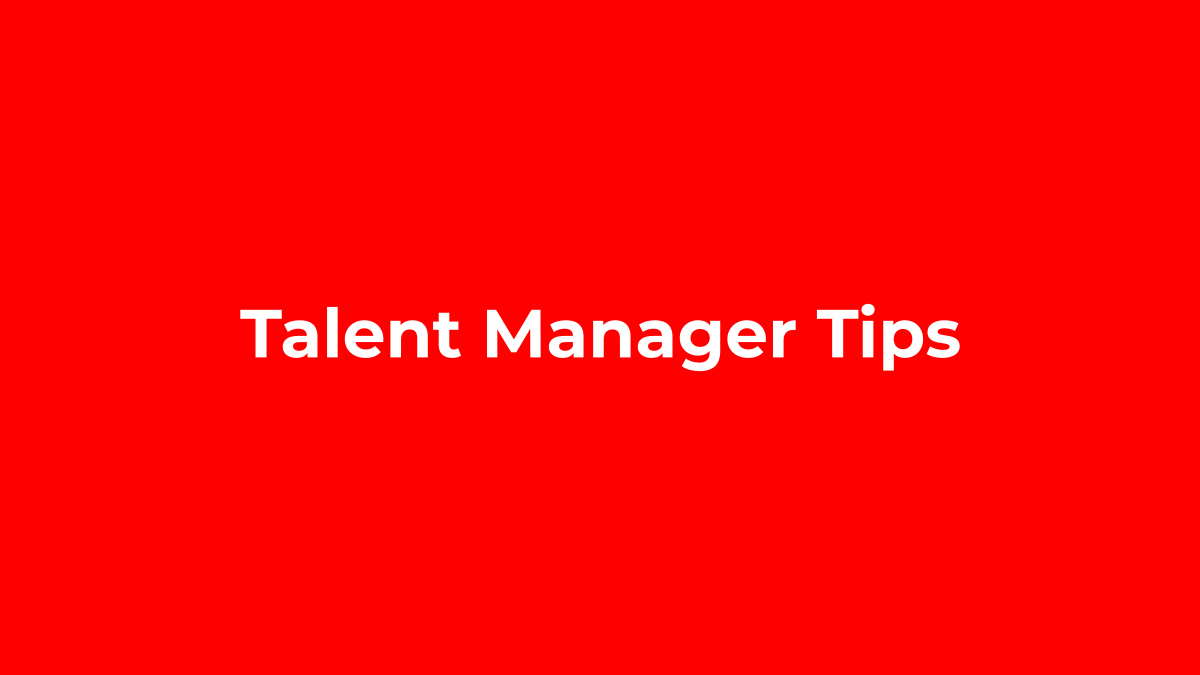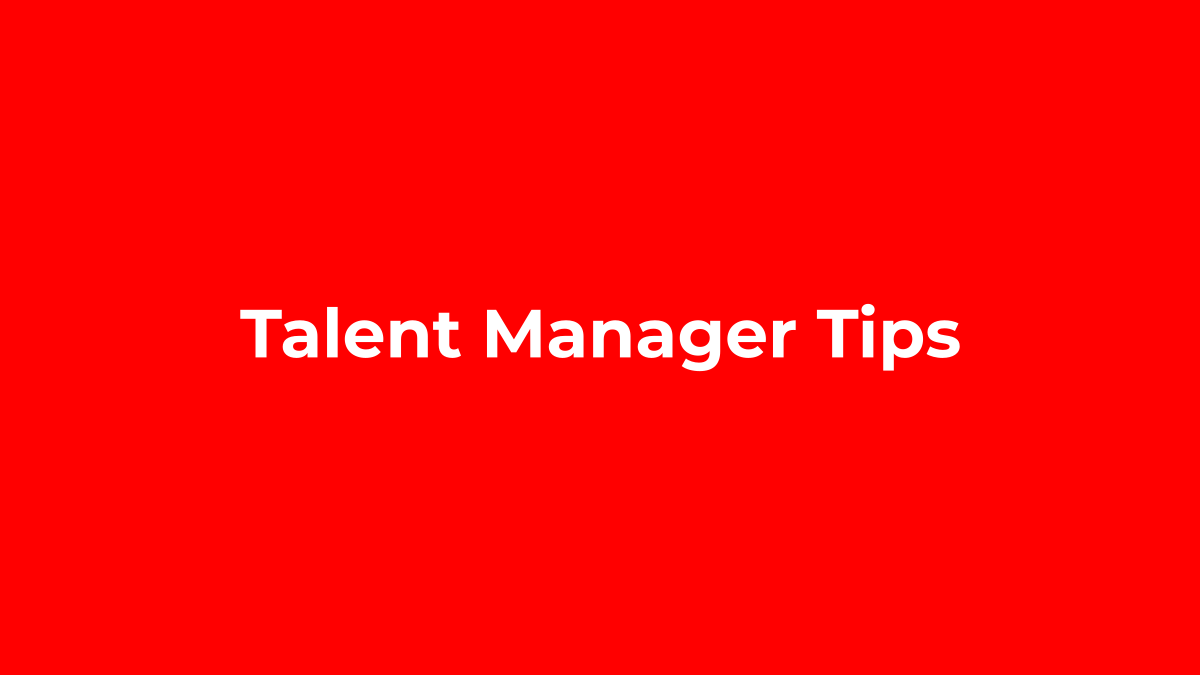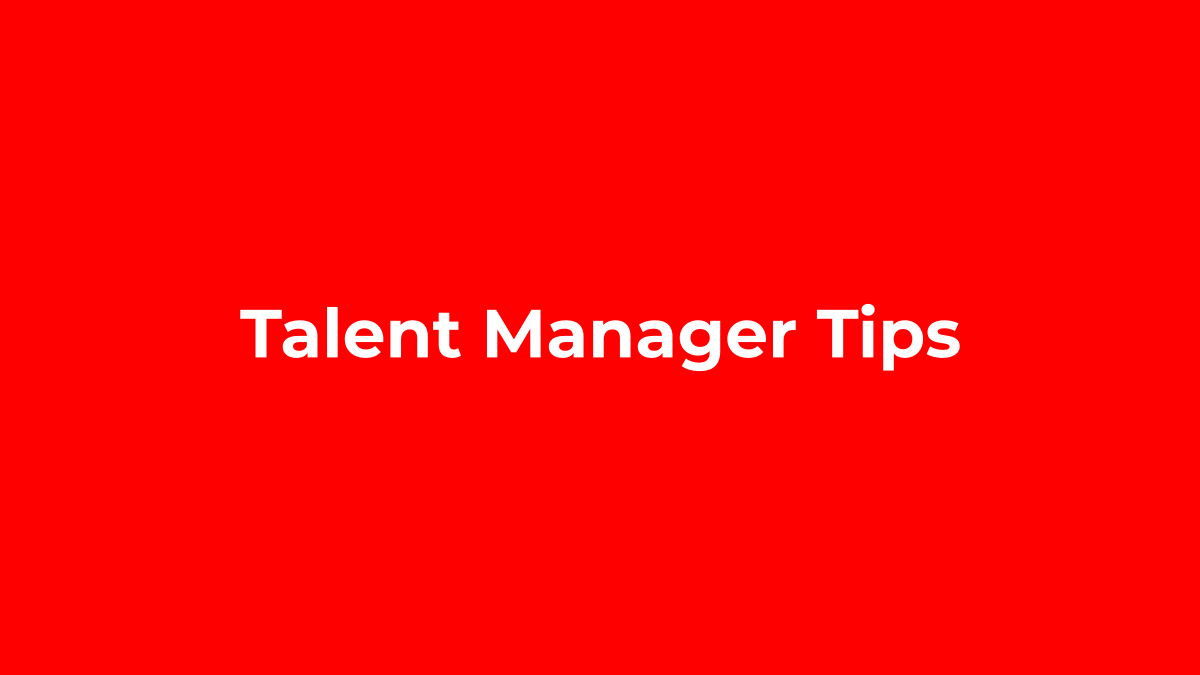Nurturing strong relationships between creators and brands is essential for long-term success. Yet, many talent managers struggle with effective communication and alignment during this delicate process. In this article, we’ll explore actionable communication strategies to optimize your talent management workflow, attract higher-quality brand deals, and boost your client’s revenue.
Contents
Importance of Effective Communication in Talent Management
Clear communication is paramount in the talent management landscape. Miscommunications can lead to missed opportunities, damaged reputations, or conflicts between influencers and brands. Clear and precise communication can effectively set expectations, avoid misunderstandings, and foster long-term, profitable relationships.
- Tip: Establish regular check-ins to align on goals and expectations.
- Example: Weekly calls or structured emails that update both parties clearly and concisely.
Key Elements of a Winning Communication Strategy
A solid communication strategy involves more than just sending messages—it’s about creating an ongoing, two-way dialogue built on clarity and trust. To master communication skills in talent management, focus on:
- Transparency: Clear sharing of goals, budgets, and campaign expectations facilitates mutual trust.
- Proactivity: Anticipating potential problems and addressing them early reduces last-minute surprises.
- Feedback Loops: Encouraging and actively requesting feedback ensures continuous improvements.
- Adaptability: Quick adjustments based on input from brands and creators maintain productivity and alignment.
Tools to Streamline Communication With Creators and Brands
Leveraging the right tools can dramatically improve your communication efficiency and accuracy. Consider the following proven platforms designed specifically for talent management workflows:
Project Management Tools
- Example: Asana or Trello to outline campaign timelines and deliverables clearly.
Collaboration Platforms
- Example: Slack or Microsoft Teams for real-time communication, ensuring immediate update availability.
CRM and Email Automation Tools
- Example: HubSpot or MailChimp for streamlined communication, scheduling, and follow-ups consistent and effectively timed.
Conclusion
Effective communication is at the heart of successful talent management. Remember these practical insights:
- Schedule regular communication checkpoints.
- Promote transparency and actively solicit feedback.
- Utilize relevant technology to keep communication organized and clear.
- Stay adaptable and flexible to handle unexpected challenges smoothly.
Enhancing your communication skills as a talent manager ensures better collaborations, happier clients, and increased brand deals.
Read more actionable Talent Manager Tips at https://mediakits.app/category/talent-manager-tips/
